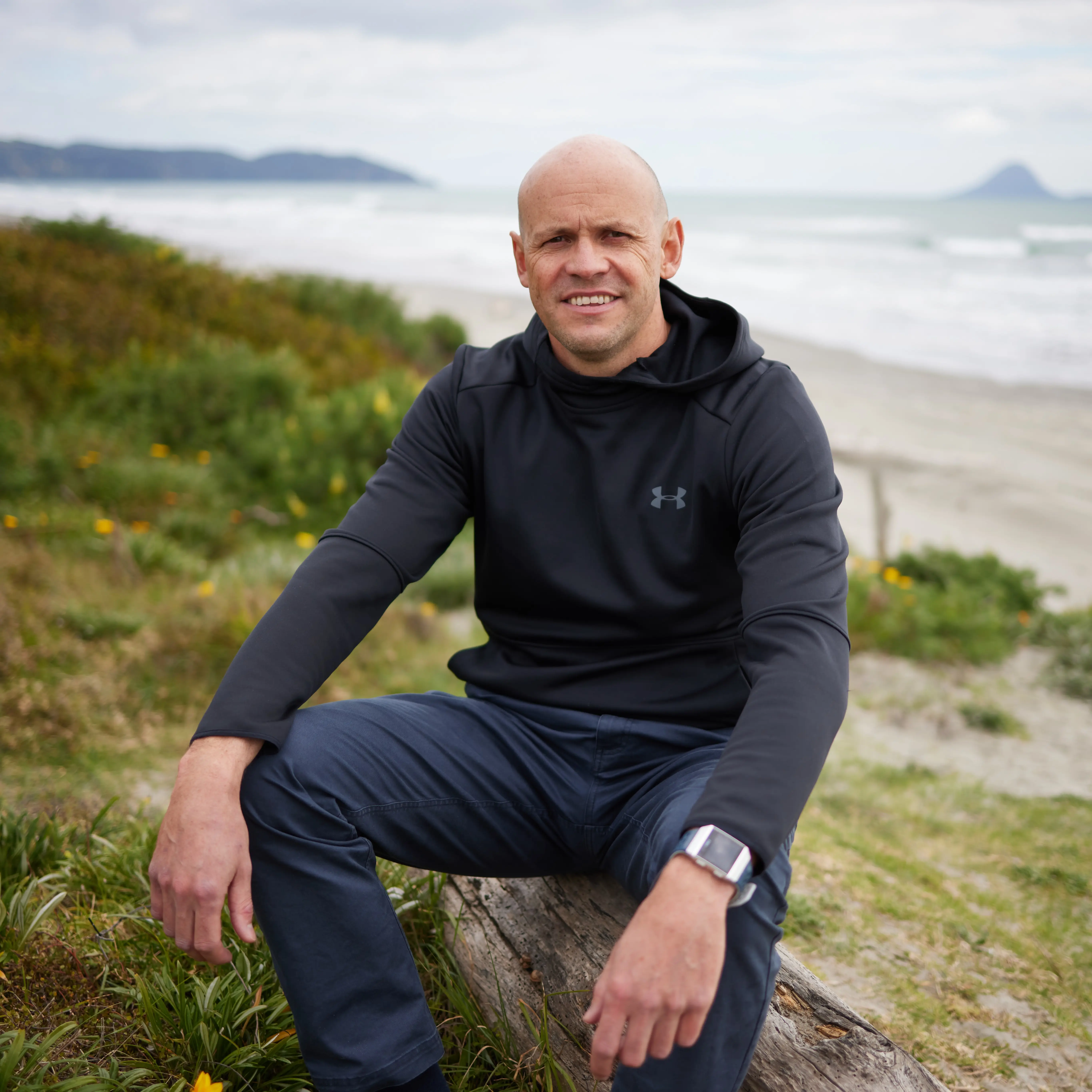Dr. Chris Tooley
CEO for Te Puna Ora o Mataatua and advocate for indigenous rights
From the academic world of Cambridge University to the dangers of Syria and Lebanon and back to the Eastern Bay of Plenty, Dr Chris Tooley has maintained the same philosophy.
Always come in with mana and respect for people, even those with different ideas to yours, and maintain an open mind to new ideas, he has said.
“Everybody wants to succeed in life, everybody wants to contribute something to the world so it’s just a matter of bringing that all together, and allowing all those differences to come together, and then let people shine.”
As a young man Tooley represented New Zealand in athletics, learning early on that any worthwhile cause requires hours of dedication. He has since shown this dedication, and taught it to others, as a leader across different sectors including politics, academia, and social services.
Tooley, who is Ngati Kahungunu, grew up with strong community role models fighting for indigenous rights, which had a huge impact on his own determination to give back, and to honour the work already done.
“The drive comes from always wanting to contribute something back to the struggle, to the cause, to play my part and to honour the work, the time and effort they put into me so that I can keep things going and let the next generation pick up the batten after me,” he has said.
Tooley got involved in social campaigning early on, and was the New Zealand delegate to both the International Youth Parliament in Sydney in 2000, then to the United Nations World Youth Forum in Dakar the year after.
He was also the first New Zealander to be invited to the United Nations University Governance Academy in Tokyo in 2002. Following that, Tooley was accepted for both Oxford and Cambridge University in England.
He completed his PhD at Cambridge University, crafting a model for negotiations in some of the world’s conflict zones. And he wasn’t just working from a desk in England. Focusing on the violent Palestinian struggle, he spent time in occupied territories, Israel, Syria, and Lebanon.
The Gates Cambridge Scholarship is one of the most competitive in the world, with full funding for four years at Cambridge paid for by Bill Gates. Only the best transformative leadership applicants are selected with fewer than three per cent of applicants successful. Tooley was one of those in 2002.
He followed his philosophy of giving back by being a councillor for the Gates Scholars Council in Cambridge for two years, then the New Zealand regional coordinator for the Gates Cambridge Alumni Association of the United Kingdom in 2015.
Back in New Zealand, Tooley gained respect across the political spectrum as chief ministerial advisor for the Maori Affairs portfolio over six years. He oversaw the policy and legislative programme, and was involved in negotiating treaty clauses and policy packages. Through attitude and a growing reputation for fairness, hard work and leadership he achieved a rare feat: respect across the board, from opposition as well as colleagues and coalition partners.
He became more determined to further indigenous rights, and has worked both within New Zealand and internationally on this. This is visible in his current role as CEO for Te Puna Ora o Mataatua, a regional provider of health and social services across the eastern Bay of Plenty, as well as Covid-19 testing and employment recovery for the area. In three years, he has increased revenue from $4 million to $22 million.
For him leadership is about investing in, and empowering, people.
“My leadership brings together two things: manaakitanga and rangatiratanga. So manaakitanga is about empowering others, empowering staff, allowing them to have ownership and control over their own work, control over their own teams so they can drive it and own it themselves and then I just come in behind and support them,” he has said.
“When it comes to rangatiratanga you’ve got to lead by example. Don’t expect others to do something if you’re not going to do it yourself. It’s about setting the pace, setting the tone and making sure nothing is unobtainable. No matter where you are in the world, you can play on the national and global stage and nothing’s out of reach.”


